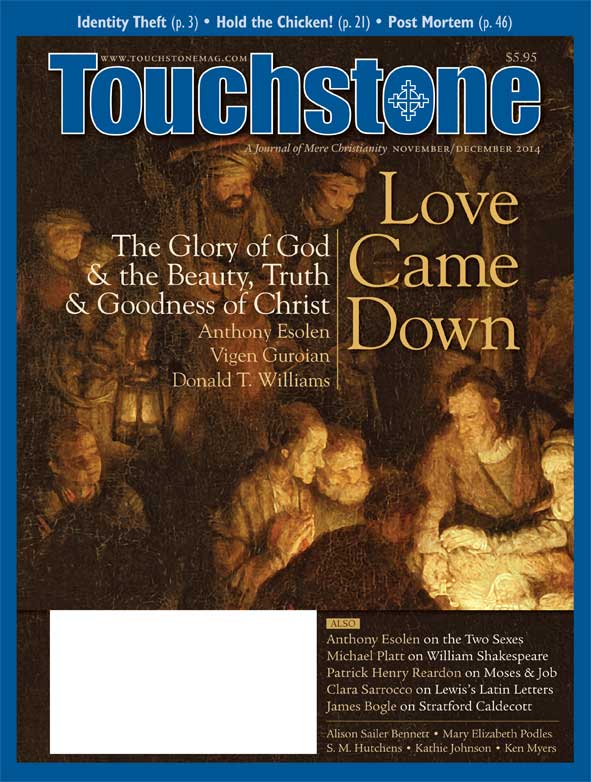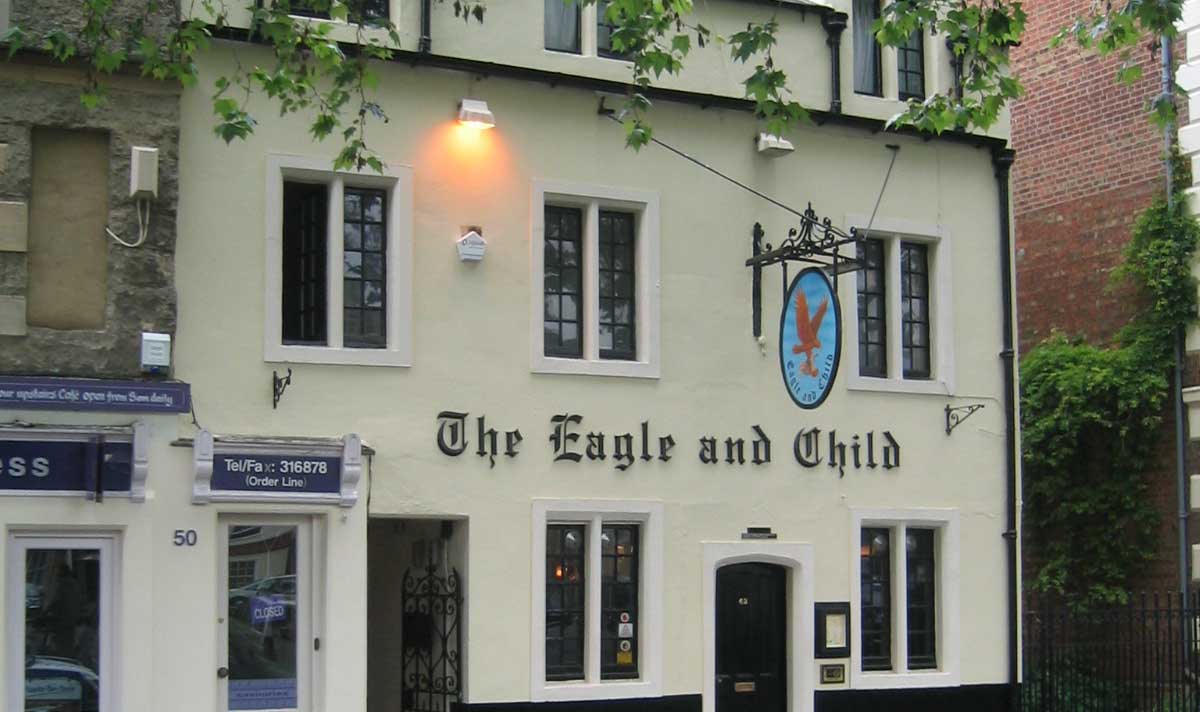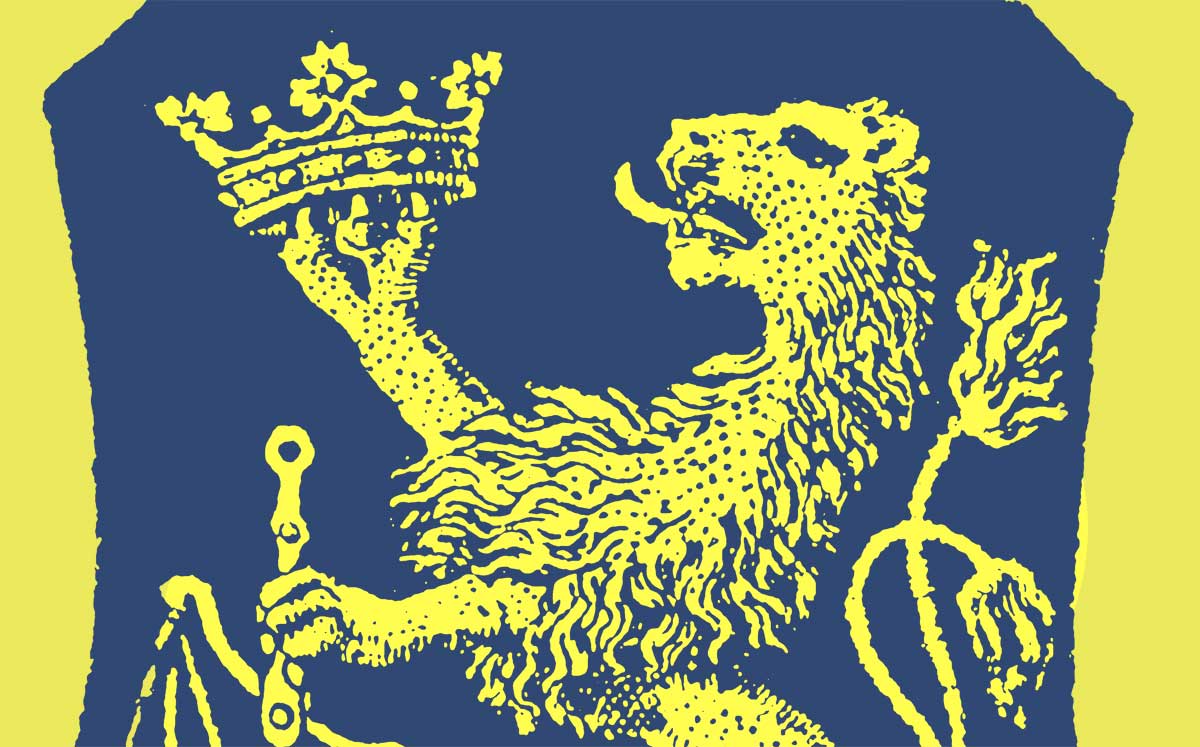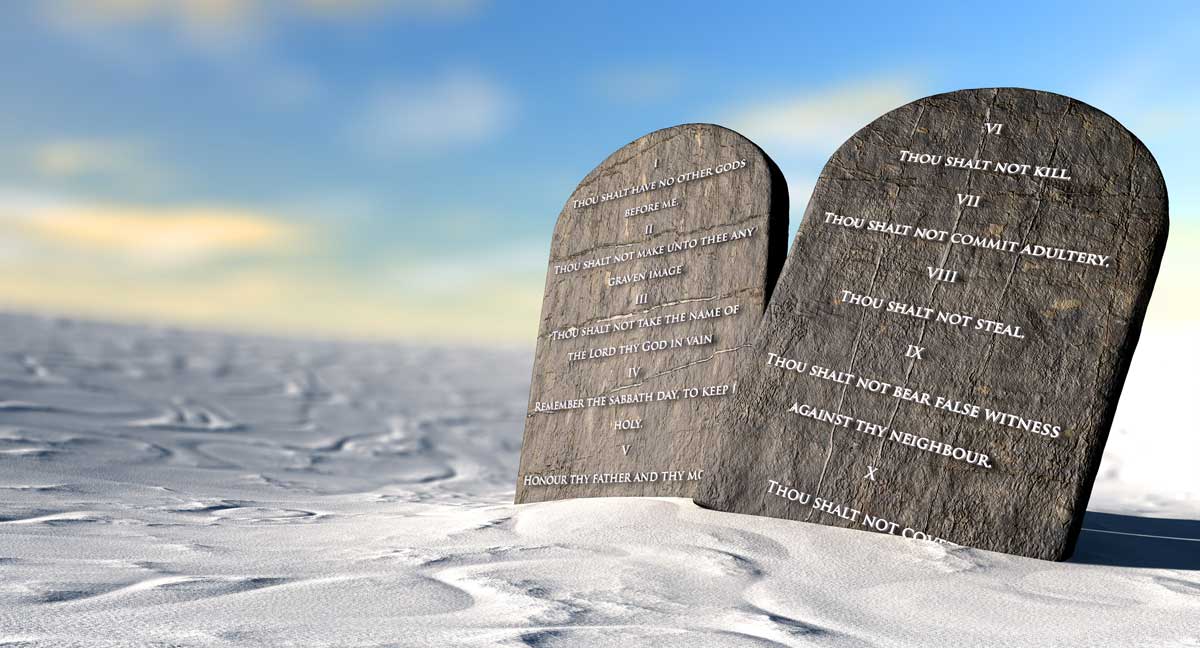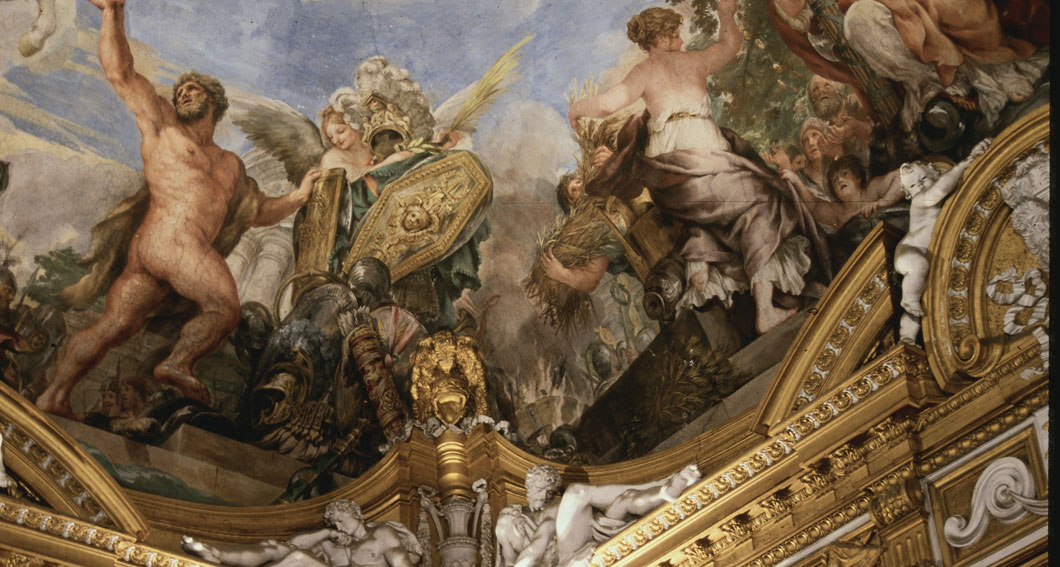Most Beloved Inklings
Clara Sarrocco on the Latin Letters of C. S. Lewis & Don Giovanni Calabria
A year ago, on November 22, 2013, we observed the fiftieth anniversary of the assassination of President John F. Kennedy. The gunshot that killed him was truly "a shot heard around the world." But that day was also the fiftieth anniversary of another death, one that went almost unnoticed at the time except in certain literary and religious circles: the passing of C. S. Lewis. As commemorations of Kennedy's assassination overshadowed remembrances of Lewis, so have Lewis's more famous works overshadowed a collection of his writings that deserve greater attention: his Latin correspondence with the Italian Catholic priest Don Giovanni Calabria.
As part of me rests in both the British and Italian cultures, I was intrigued to learn that C. S. Lewis, the Belfast Protestant and English man of letters, had corresponded with Don Calabria, a Catholic priest from Verona Italy who knew no English. The letters between them were written in Latin since that was the one language both men shared. Martin Moynihan, a former student of Lewis's and an accomplished poet, diplomat, and lecturer in his own right, first published his own translation of the letters in 1989 and then in 2009 put out an updated and corrected version with St. Augustine's Press. In the volume, simply titled The Latin Letters of C. S. Lewis, the letters appear in a side-by-side English/Latin format.
To Publish or Not
The correspondence between Lewis and Father John (as Moynihan refers to him) began in 1947, after Father John read The Screwtape Letters, which had been printed in Italian under the title Le Lettere di Berlicche. He was moved to write to Lewis, and they struck up a correspondence that lasted for seven years, until Father John's death in l954.
Thirty-one of their letters are extant, all but six of which were written by Lewis to Father John, since Lewis usually did not save letters he received from others. He explained why in a note to the Congregation of the Poor Servants of Divine Providence, Father John's order, when they wrote to ask if Lewis had retained any of the priest's letters. Lewis replied that he wished to be more helpful but was in the practice of destroying correspondence shortly after receipt in order to keep confidences entrusted to him from being revealed. He added, "For nowadays investigative researchers dig out all our affairs and sully them with the poison of 'publicity'—to give a barbarous thing a barbarous name."
The six of Father John's letters to Lewis still in existence are copies, which were found among the priest's papers in an envelope labeled "Important letters from our beloved separated brethren." He had also preserved twenty-five of Lewis's letters sent to him.
Given this history, Martin Moynihan initially had misgivings about publishing their private correspondence. In his Preface to The Latin Letters he wrote, "I immediately put myself in the dock. Was I thinking of doing just what Lewis deplored?" But after reading Father John's words, his conscience was eased. "The Lewis letters are already open to view," he noted. "And perhaps, as one who knew Lewis, I could help in introducing them to those who did not." Moreover, the letters "did not contain any confidences which charity would wish to keep covered. On the contrary, they were to me, and might be to others, a source of renewed inspiration." Indeed, these captivating letters are far more than an exchange of courtesies. They reveal certain aspects of Lewis's faith and spiritual experience not found in any of his other writings.
Concern for Christian Unity
Don Giovanni Calabria was born in Verona on October 8, 1873, and died there on December 4, 1954, at the age of 81. His life, though humble, was extraordinary in a spiritual sense. He came from a poor family further impoverished by the death of his father. This forced Giovanni to leave school and work as a shop-boy to a local haberdasher. After military service, he entered the seminary and was ordained in 1901. His parish work took him to hospitals and prisons, and on the way he often encountered abandoned street children. This experience led him to start Casa Buoni Fanciulli (House of Good Children). To help in this work, he established the order of priests and brothers called the Congregation of the Poor Servants of Divine Providence.
His second vocation was that of striving for Christian unity. He wrote an article in the magazine Fides titled "Ut Omnes Unum Sint" ("That They All May Be One"), in which he stated that neither the work nor its success would be easy. But he was able to purchase an abbey near the Lago di Garda, which he turned into a place of respite for people of all religions. Christian unity was the first subject on which he approached Lewis.
In The Problem of Pain Lewis himself had written, "Are not all lifelong friendships born at the moment when at last you meet another human being who has some inkling . . . of that something which you were born desiring?" In his first letter, Father John addressed Lewis as "Brother."
For his part, Lewis traced an impediment to unity, at least in the linguistic sense, back to the Renaissance. He wrote to Father John that it was the Renaissance and the Humanists that brought about the destruction of everyday Latin. If Latin had been kept up, "we would then still be able to correspond with the whole of
Europe."
A Spiritual Friendship Grows
As the correspondence continued, their letters became about more than just objective church problems. As friends, they wrote about their own personal spiritual struggles. Father John even sought Lewis's advice on spiritual matters, something which Lewis humbly conceded, writing in a letter "What a layman ought scarcely say to a priest." The two men understood the sacredness of the bond between them, and at one point Lewis's salutation changed from "Reverend Father" to "Most Beloved Father" ("Dilectissime Pater").
By 1949 the irrationality of Mrs. Moore—a woman whom Lewis provided for after her son was killed in World War I—had become more pronounced, and Lewis wrote:
I work under great difficulties. . . . My aged mother [sic] worn out by long infirmity is my daily care. Pray for me Father if it shall please God that I write more books, blessed be He. If it please Him not, again blessed be He. . . . Now indeed mountains and seas divide us nor do I know what your appearance is in the body. God grant on that day hereafter, day of the resurrection of the body. . . . God grant us on that day to meet."
Father John responded by telling Lewis, "you seem to be called to a special mission . . . the gifts of heart and mind which you wield . . . are sufficiently clear signs of God's will. . . . God expects from you that by work and deed you will bravely and sweetly bring brethren to the Gospel of Christ." After this consoling advice, Lewis went on to publish another nineteen books.
In 1951 Lewis wrote to congratulate Father John on the Golden Jubilee of his ordination. That same year, he also recounted the very personal experience of suddenly feeling deeply aware of the forgiveness of his own sins. "Even after many confessions and absolutions this truth manifested itself to me one day with a particular light as if I had never perceived it before." Four months later Lewis had sad news to convey: "Pray for me especially now that I feel like a poor orphan over the recent loss of my confessor and dear father in Christ." (Lewis, who believed in auricular confession, had gone weekly to his confessor, Father Walter Adams of the Society of St. John the Evangelist.)
The next year Lewis again requested prayers because he was compiling a prayer manual to be used by laymen who had recently come to the faith. In this context he wrote to Father John, "[It] is a wonderful thing and a strengthening of faith that two souls differing from each other in place, nationality, language, obedience and age should have been led into sweet familiarity: so far does the order of spiritual things transcend the material order."
The most poignant of Lewis's letters is the one he wrote on December 5, 1954, telling Father John of his decision to leave his beloved Oxford and accept a position offered to him at Cambridge. What he did not know was that his dear friend and brother in Christ, whom he had never met in person, had died the day before.
Two Blessed Friends
Lewis and Father John shared many spiritual confidences, and these letters give us a window into both their hearts. There is more than just a scholarly pleasure in encountering two friends writing to each other in a dead language about a living spirituality, in an age that delights in neither.
Father John was beatified by Pope John Paul II in 1988 and canonized a saint by him on April 18, 1999. C. S. Lewis had thousands of correspondents, hundreds of students, and many friends, but few confidants. Among these were his brother Warnie, Sister Penelope of the Community of St. Mary the Virgin, his confessor Father Adams, and a humble Italian priest—now a saint of the Catholic Church—St. John Calabria. "Te beatum dico et dicam," wrote St. John to C. S. Lewis. "I call you blessed and always shall."
Clara Sarrocco is the longtime secretary of The New York C. S. Lewis Society. She has taught classes on C. S. Lewis at the Institute for Religious Studies at St. Joseph's Seminary and is the president of the Long Island Chapter of University Faculty for Life. Her articles and reviews have appeared in numerous publications, including Touchstone, New Oxford Review, Gilbert, The Chesterton Review, St. Austin's Review, and The International Philosophical Quarterly.
subscription options
Order
Print/Online Subscription

Get six issues (one year) of Touchstone PLUS full online access including pdf downloads for only $39.95. That's only $3.34 per month!
Order
Online Only
Subscription

Get a one-year full-access subscription to the Touchstone online archives for only $19.95. That's only $1.66 per month!
bulk subscriptions
Order Touchstone subscriptions in bulk and save $10 per sub! Each subscription includes 6 issues of Touchstone plus full online access to touchstonemag.com—including archives, videos, and pdf downloads of recent issues for only $29.95 each! Great for churches or study groups.
Transactions will be processed on a secure server.
more on C. S. Lewis from the online archives
more from the online archives
calling all readers
Please Donate
"There are magazines worth reading but few worth saving . . . Touchstone is just such a magazine."
—Alice von Hildebrand
"Here we do not concede one square millimeter of territory to falsehood, folly, contemporary sentimentality, or fashion. We speak the truth, and let God be our judge. . . . Touchstone is the one committedly Christian conservative journal."
—Anthony Esolen, Touchstone senior editor





